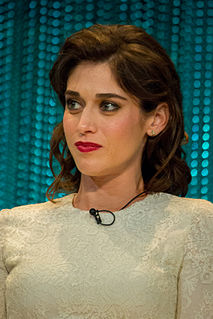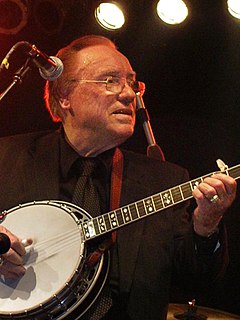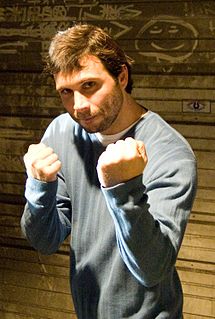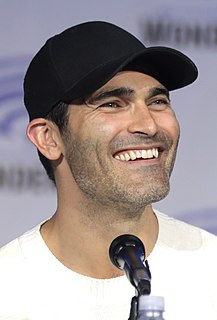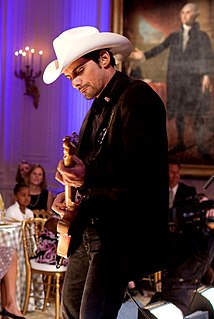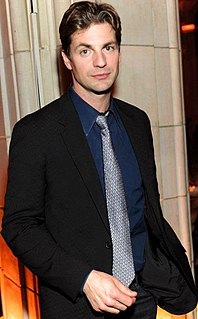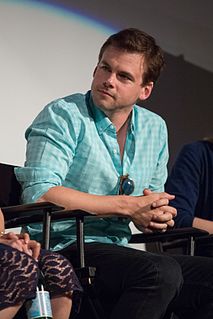A Quote by Lizzy Caplan
I think it's necessary to identify with anything - with any character you play, there's got to be something in common, so you can link up to that person, even if it's like one tiny thing. But it's equally fun to play somebody completely different, and trying to find what that thing is to make it.
Related Quotes
I've played a different type of character in a different type of thing, for the most part. It's not like you can't mine tons of fascinating stuff from any character that you play, and I've always been fascinated with women and relationships, but this has been a completely different experience, for sure.
Not every character that you play is going to be somebody that you like or love, but every character that you play has a story that is worth telling. If you're not the person to tell it, that's one thing. But if you don't want to tell it because you are afraid of the unpopularity of the character, I view that as a missed opportunity.
I have a lot of real life experience that I can draw on. And I think that shows in the characters that I play because I'm always trying to find somebody - or find characters to play that I can identify with on a personal level or relate to. And I think it makes for a little bit more of an honest portrayal.
Earl Scruggs had this thing that it wasn't just the technique or even the instrument. It was him. There was this soulful quality that came through that made you - if you're somebody like me who was, I guess, supposed to play the banjo, it made you stop in your tracks, and you couldn't do anything until you got done hearing him play, and then immediately you'd have to go try and find a banjo.
You're trying to play someone [Edward Cullen] who's seen by a lot of people as being this perfect thing, but what is that? That doesn't really mean anything. You're trying to play an archetype on one hand and then a character on the other, so I felt insanely frustrated right up until the last shot, and then it ended.
I find it's very confusing when one critic tells you one thing and one tells you something completely different. Unless all the critics agree on parts of the play that just didn't work. I have stopped reading reviews, because I find writing is all about courage. You must have courage when you start writing a play and you cannot have the voice - you must write things out. You cannot have the voice of a critic telling you, "That didn't work in that play, you cannot make it work in another play." Every time you do a production, it's an experimentation.
For me, I think it's such an important thing to hear other people's stories, because you do find ways that either you can learn something from them, or you can identify with something that they've gone through. You realize that maybe what you're going through in life isn't just specific to you, that somebody else understands it, or you talk to someone and all of sudden you see something in a completely different way because of what they've said to you or shared with you.
I was probably 16.I played - I tried to play these songs that I had written. And, this was a common theme when I was younger: I would write a song about somebody, and they would come to my show. I wouldn't be able to play the whole thing, because, there would be some giant, loaded secret coming up in like, the third verse, or something.
People concentrate, particularly for their own purposes, on dividing people, and it's just not necessary. If you actually spend time with somebody, in 10 minutes, you'll find something in common, and it's powerful when you do. When you find you've got something in common with somebody, all of a sudden, you're friends.
Albert Lee and I have become real close friends, and he comes out anytime I'm in the L.A. area, and he'll sit in for the whole show ! ... we've got a habit of doing that ... in Austin Redd Volkaert does the same thing ... it's fun ... I love to make it a guitar thing and the audience doesn't know any different - they think he's some new band member they don't know. They don't realize Albert's the reason we all play Teles!.
Brian is an archetypal character, a bit like Don Juan, which is how I play him. He's a blast to play. He believes unapologetically in his freedom. He holds nothing back. Something I'm learning is, you can't hate the character you play. If I think my character is an asshole, that's all that will come across. He is drawn in an extreme way, but that doesn't mean he's not a person.
This is a corny actor thing to say, but the first step is that you can't judge the character that you're playing. If it's built in three-dimensional fashion, you'll just play a character who's going out and seeking the best version of their life that they can find. That gives the character an accessibility that everyone can identify with.
